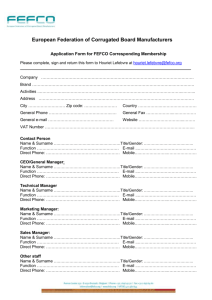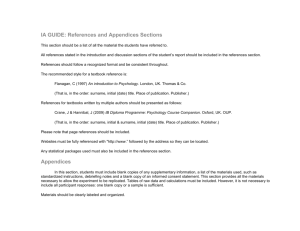FAMILY LAW - SPECIAL ISSUES
advertisement
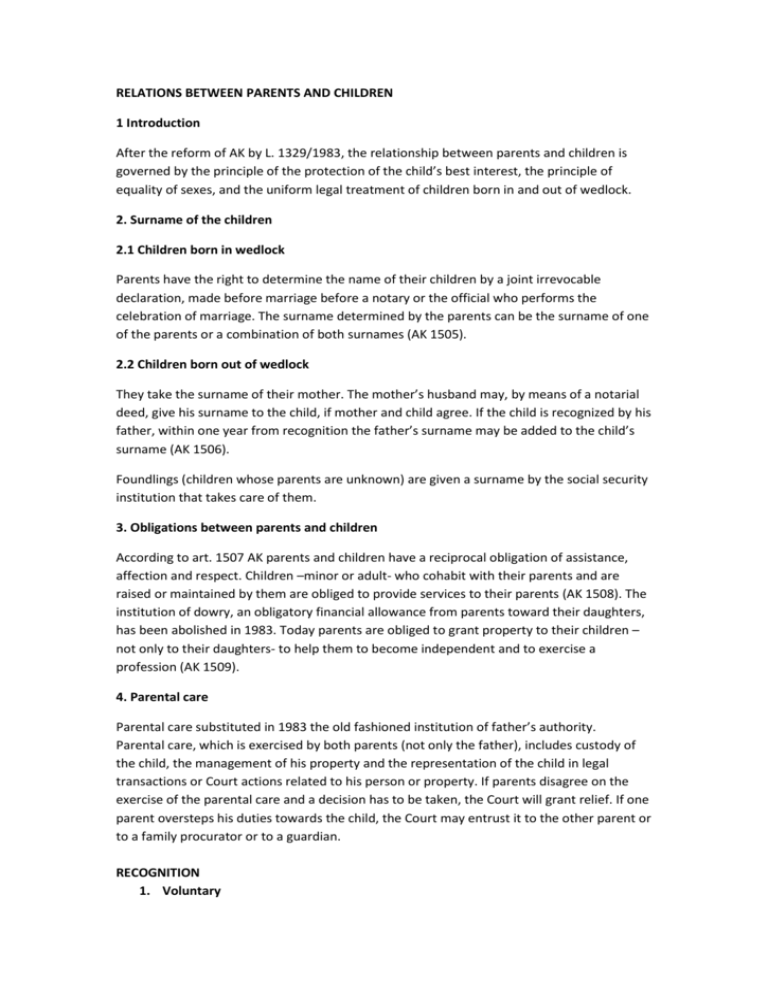
RELATIONS BETWEEN PARENTS AND CHILDREN 1 Introduction After the reform of AK by L. 1329/1983, the relationship between parents and children is governed by the principle of the protection of the child’s best interest, the principle of equality of sexes, and the uniform legal treatment of children born in and out of wedlock. 2. Surname of the children 2.1 Children born in wedlock Parents have the right to determine the name of their children by a joint irrevocable declaration, made before marriage before a notary or the official who performs the celebration of marriage. The surname determined by the parents can be the surname of one of the parents or a combination of both surnames (AK 1505). 2.2 Children born out of wedlock They take the surname of their mother. The mother’s husband may, by means of a notarial deed, give his surname to the child, if mother and child agree. If the child is recognized by his father, within one year from recognition the father’s surname may be added to the child’s surname (AK 1506). Foundlings (children whose parents are unknown) are given a surname by the social security institution that takes care of them. 3. Obligations between parents and children According to art. 1507 AK parents and children have a reciprocal obligation of assistance, affection and respect. Children –minor or adult- who cohabit with their parents and are raised or maintained by them are obliged to provide services to their parents (AK 1508). The institution of dowry, an obligatory financial allowance from parents toward their daughters, has been abolished in 1983. Today parents are obliged to grant property to their children – not only to their daughters- to help them to become independent and to exercise a profession (AK 1509). 4. Parental care Parental care substituted in 1983 the old fashioned institution of father’s authority. Parental care, which is exercised by both parents (not only the father), includes custody of the child, the management of his property and the representation of the child in legal transactions or Court actions related to his person or property. If parents disagree on the exercise of the parental care and a decision has to be taken, the Court will grant relief. If one parent oversteps his duties towards the child, the Court may entrust it to the other parent or to a family procurator or to a guardian. RECOGNITION 1. Voluntary A father may recognize as his own a child born out of wedlock, on the condition that the mother consents. If the father is dead or he lacks legal capacity, the grandparents on the father’s side may proceed with the recognition. Recognition is effected by a declaration before a notary or in a testament. In case of an artificial insemination, the notarial consent of the man to it, is considered as a voluntary recognition (AK 1476). A child may contest the voluntary recognition, if the supposed father is not the actual father. Contestation is excluded, if three months have passed, since the plaintiff was informed about recognition and in any case if two years have passed since recognition. 2. Judicial If no recognition takes place, the mother is entitled to initiate affiliation proceedings. If the father wants voluntarily to recognize his child but the mother refuses to consent, the father has also the right to ask through a lawsuit the judicial recognition of the paternity. The mother forfeits the right to seek the recognition 5 years after the child’s birth. The father forfeits his right 2 years after the mother’s refusal to consent.
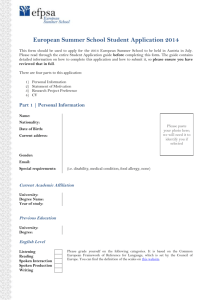

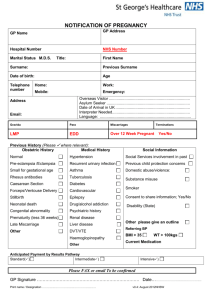
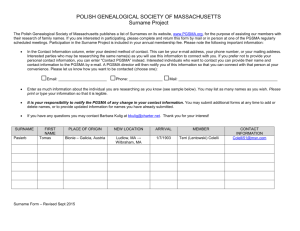
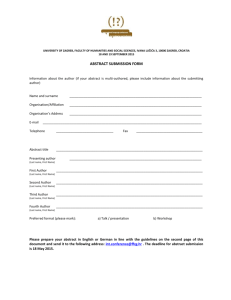

![Zimbabwe Burial Society Application For[...]](http://s3.studylib.net/store/data/007022868_1-ba38d508801fe6947d30c8830048ffb3-300x300.png)
